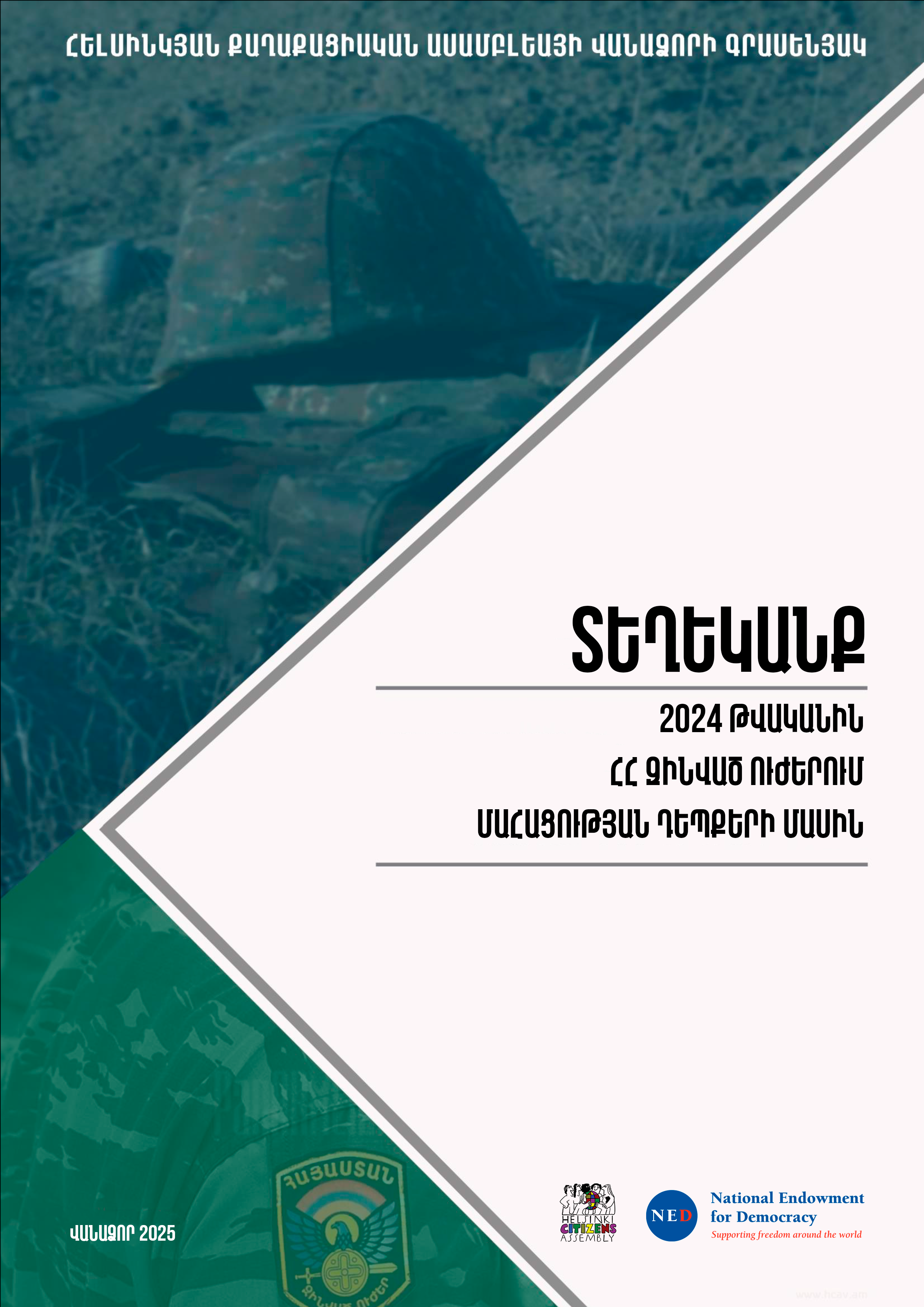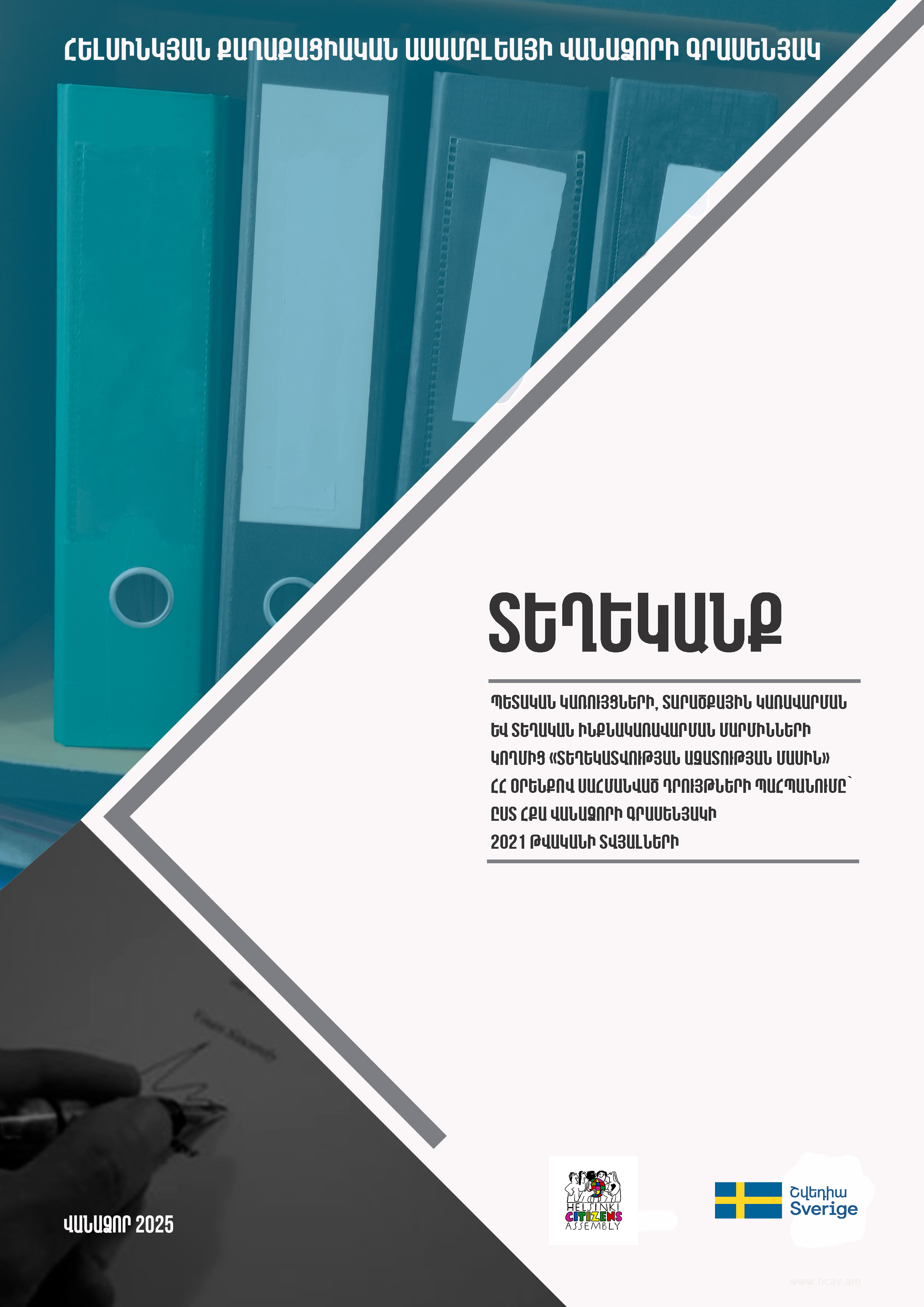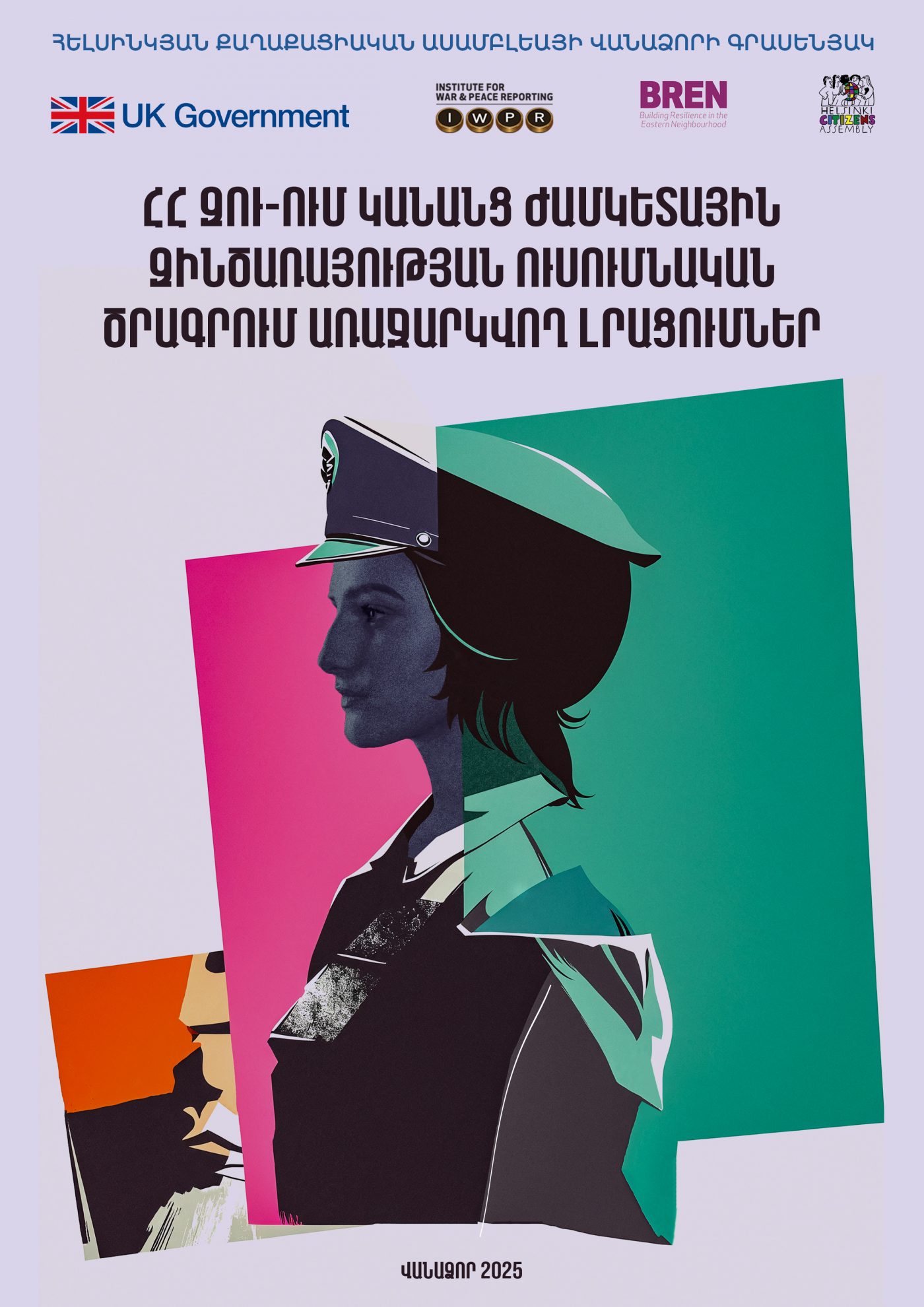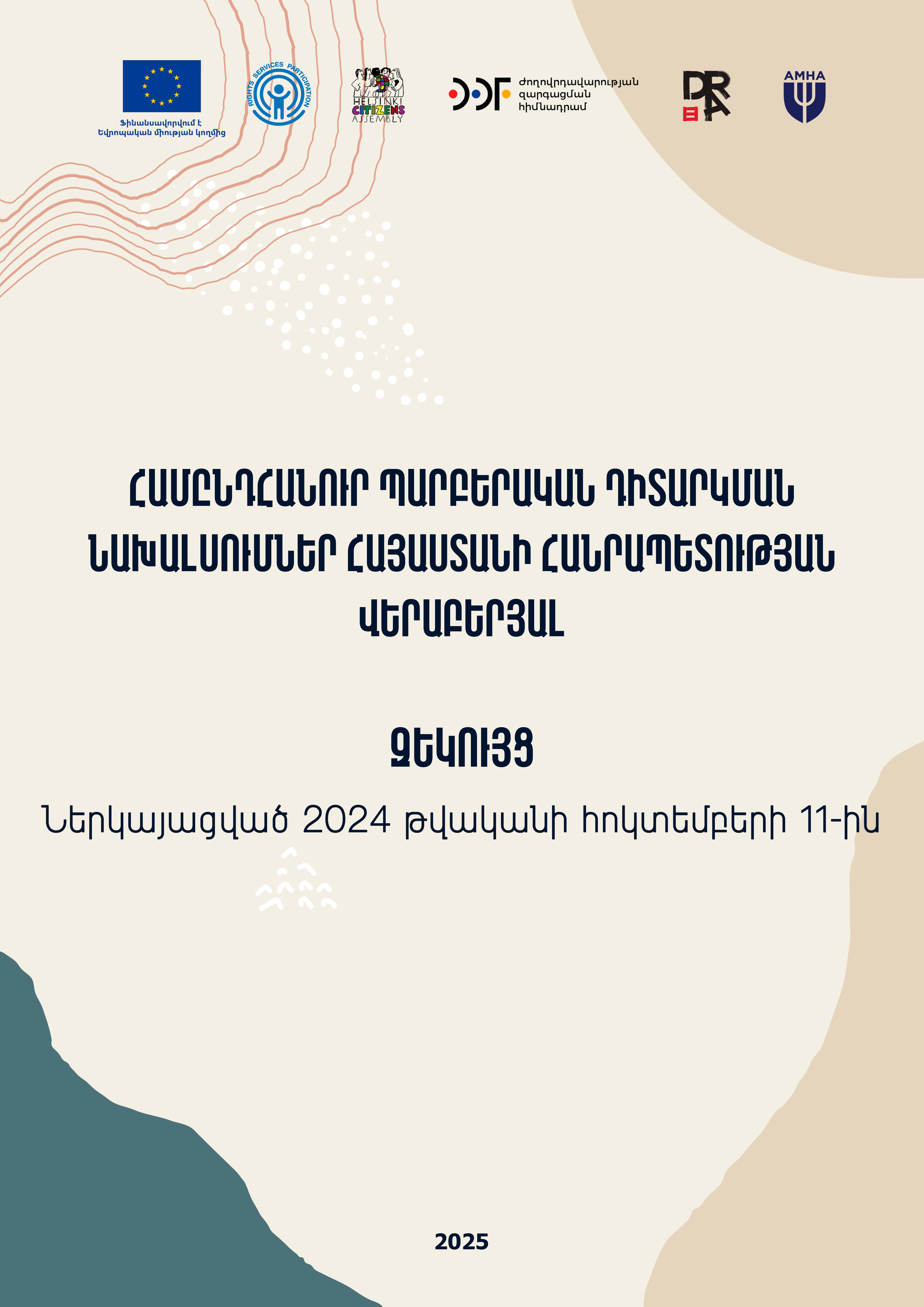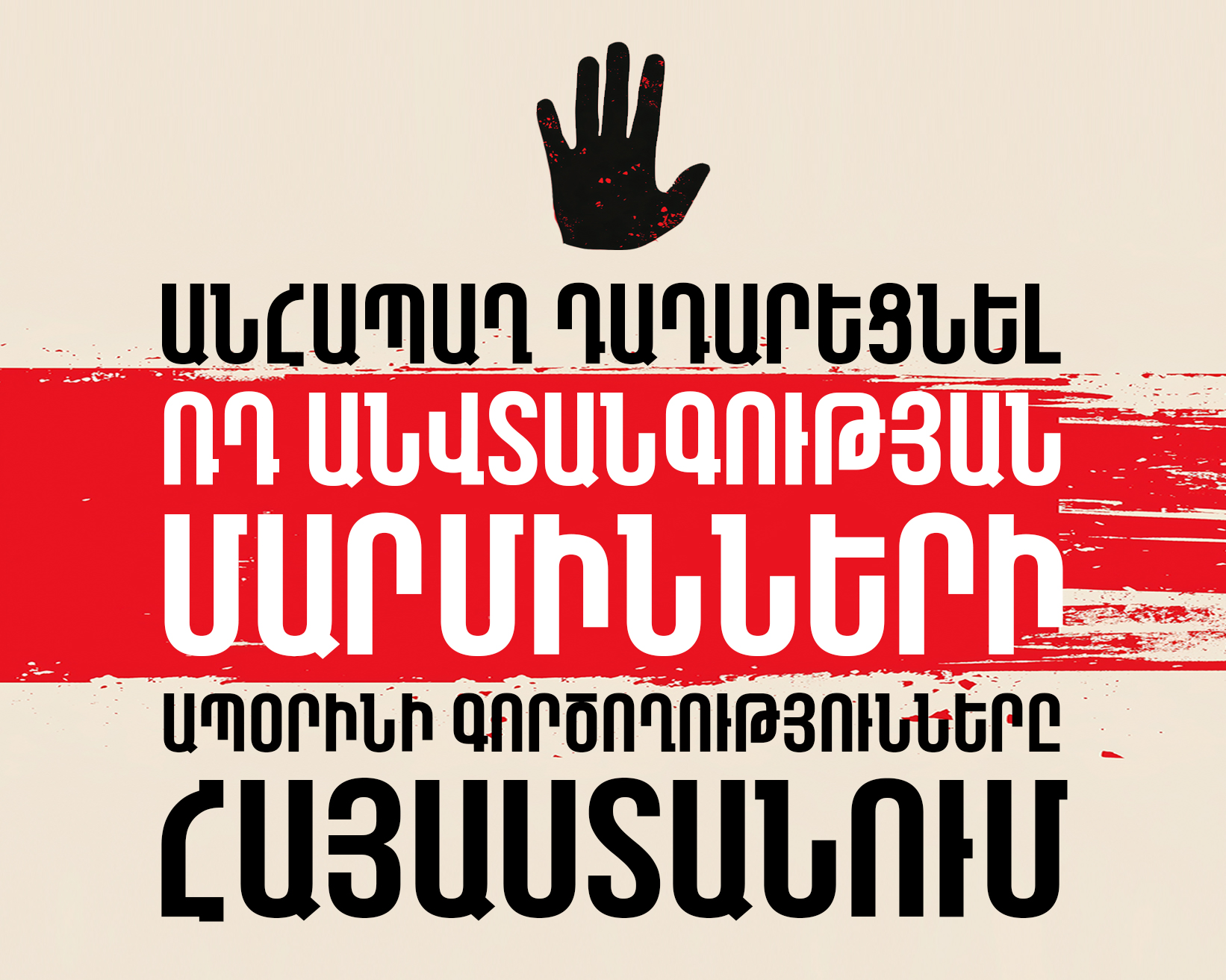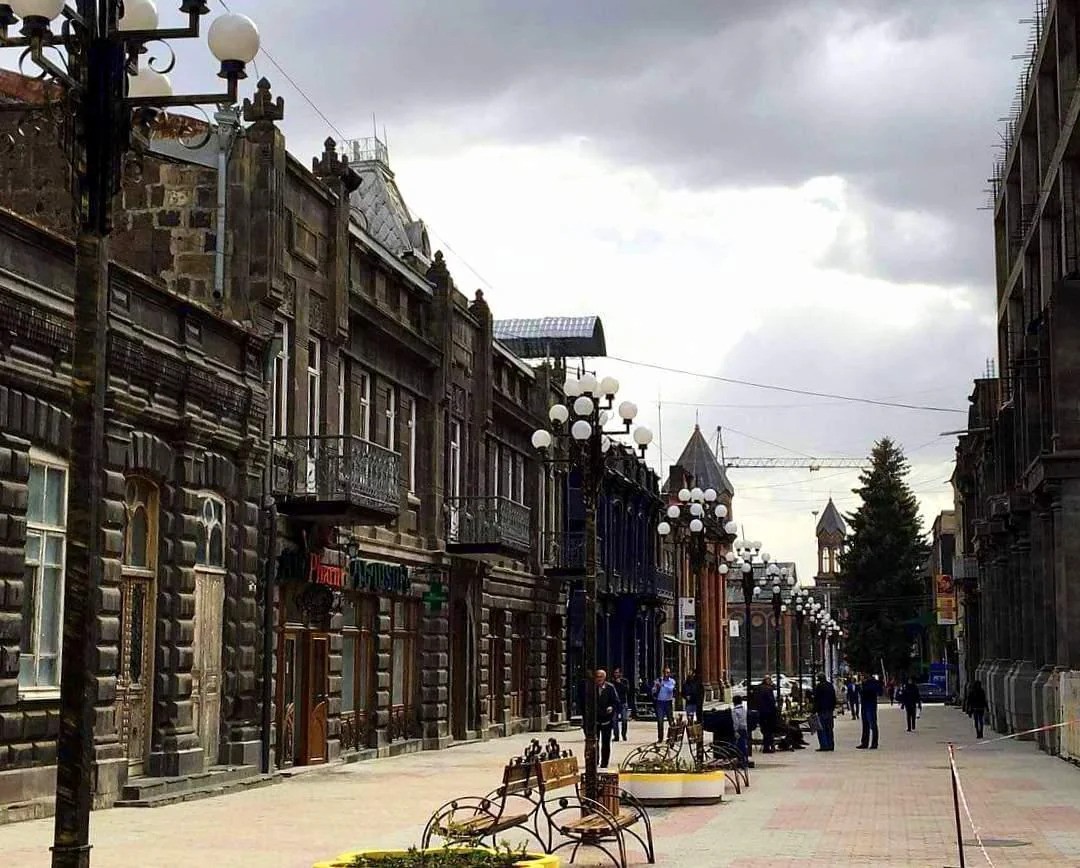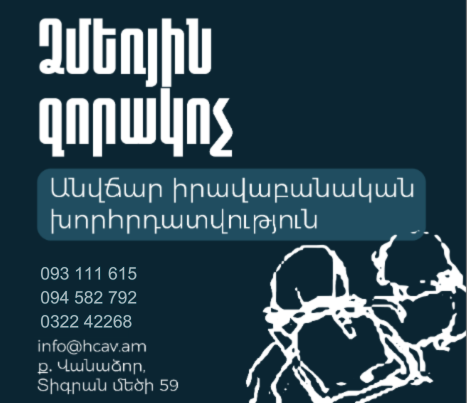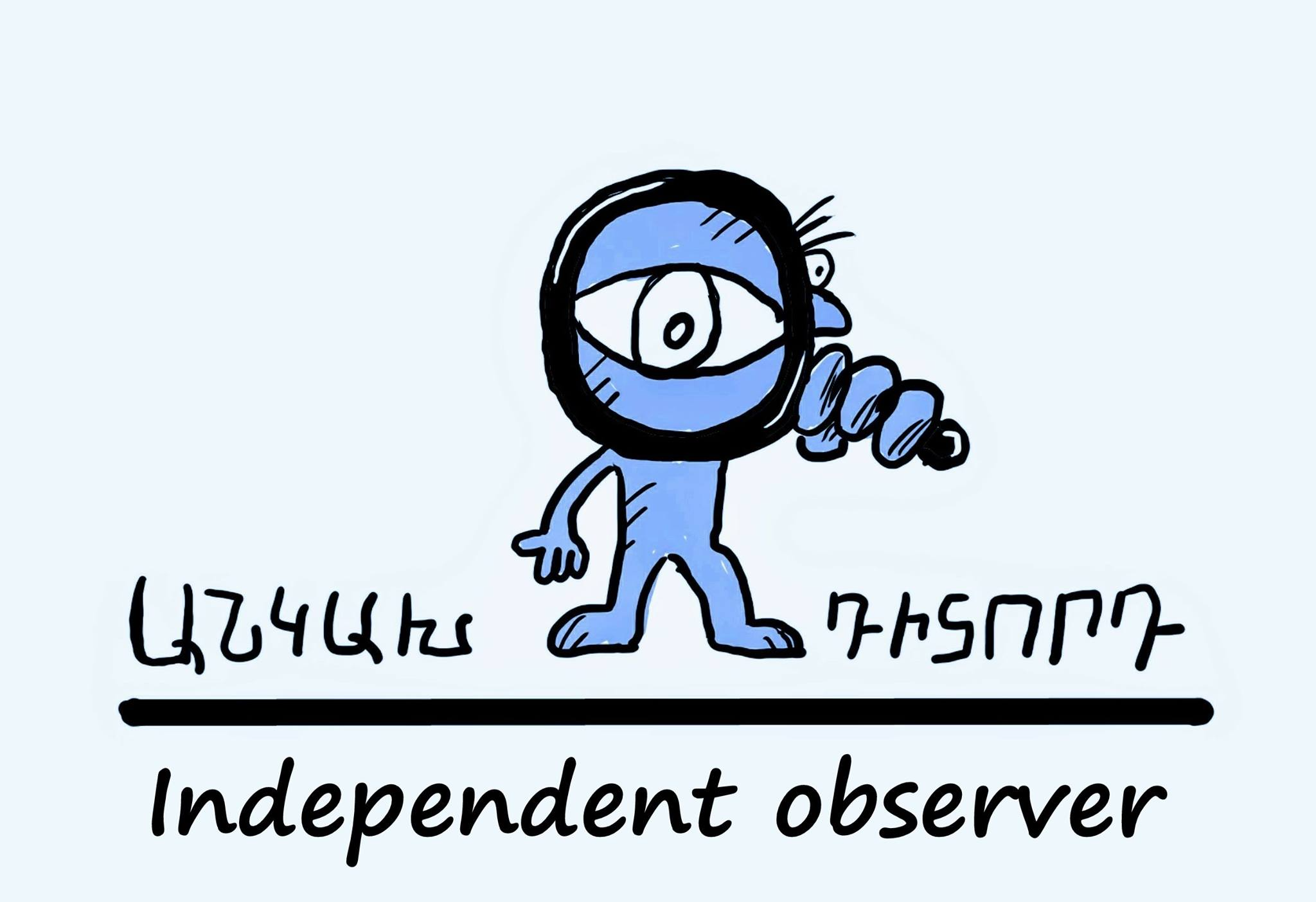




Reflection of Recommendations by International Election Observation Missions in the RA Electoral Code
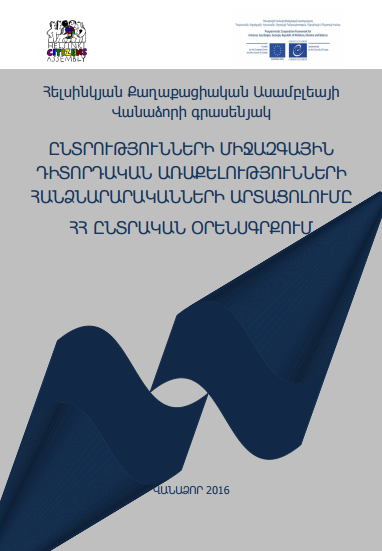
Reports|Information Papers|Brochures | Publications | Own
First Presidential elections in independent Armenia were held on October 16, 1991, following the September 1991 Referendum for Independence. Since then, there have been several presidential, parliamentary, and local elections and referenda held in Armenia.
In the past 25 years the legislation regulating electoral processes in the Republic of Armenia changed regularly. On May 25, 2016, the RA National Assembly fully adopted the third new electoral code which derives from the Constitutional Amendments adopted with the December 6 2015 referendum. The negotiation on amending the Electoral Code continued afterwards with domestic and international stakeholders resulting in packages of amendments adopted on June 30, 2016, one of which entered into force on July 30, 2016. According to the RA CEC the reason for the other package to not enter into force was that no company agreed to provide the necessary technical support within the set timeframe. Initially, however the conditionality for the package to enter into force was the possibility of securing funds for it.
As a result of ongoing negotiations between the authorities and the opposition a new law on amendments to the RA Electoral Code was adopted on October 20, 2016 and entered into force on November 14, 2016. The main change prescribed by the law was publication of signed voter lists.
It should be noted that initially civil society representatives also participated in the negotiations on the Electoral Code in “4+4+4” format; however, the consensus was reached and signed only between the authorities and the opposition as civil society representatives did not have the opportunity to have essential impact on the negotiation results.
International Election Observation Missions (IEOM) have had a most significant role in pushing for electoral reforms, and particularly in terms of revising the electoral legislation. In 2015, Helsinki Citizens’ Assembly – Vanadzor conducted a thorough analysis (Helsinki Citizens’ Assembly-Vanadzor, 2015), assessing the implementation of recommendations submitted by International election observation mission in 2003-2013 in legislation and practice.
The goal of this research is to revise the above-mentioned report by Helsinki Citizens’ Assembly-Vanadzor and to study the recommendations and observation made by the international observation missions, namely, OSCE/ODIHR and PACE and others and their reflection in the Electoral Code, as well as the reflection of the comments and recommendations by the European Commission for Democracy through Law (Venice Commission) on the drafting of the Code in roder to assess the role in electoral reforms.
See the full report here


